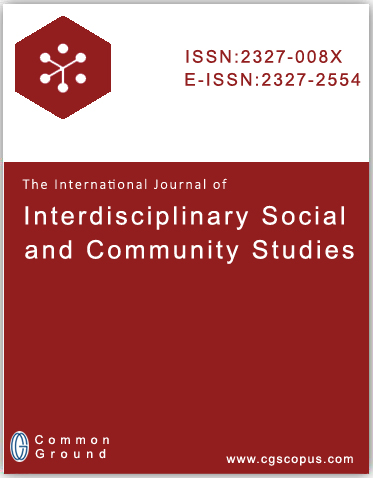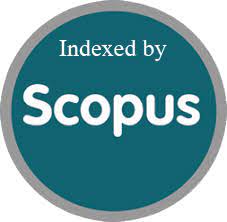The influence of peer relationships on adolescent development
DOI:
https://doi.org/10.18848/9mxz1993Abstract
The peer relationships are an essential aspect of adolescents' development, that impact adolescent social, emotional and cognitive development. We study how peer interactions affect adolescents' identity formation, self-esteem and social behavior. At adolescence, people become more influenced by his or her peers which has its positive and negative outcomes. Social skills, self-confidence and sense of being part of a community are all essential for healthy emotional development and positive peer relationships develop these aspects… However, another side to peer interactions is negative peer interactions, which include peer pressure and exclusion, which can lead to risky behaviors and poor mental health. It builds upon existing literature and empirical research to examine how peer relationships influence critical developmental milestones, such as decision making, conflict resolution and emotional regulation. In addition, the role of peer influence in the adoption of behaviors (e.g. substance use or academic achievement) is examined. The findings reveal that peer relationships quality and nature have a big impact on the total wellbeing of adolescents. It is good to know that positive peer interactions can facilitate healthy developmental outcomes, but, at the same time, the influence of peers can be a double edged sword, leading either to constructive or harmful outcomes. The complexities of peer relationships are essential for understanding in order to guide adolescents onto positive developmental trajectories and support them through difficult interpersonal interactions.










